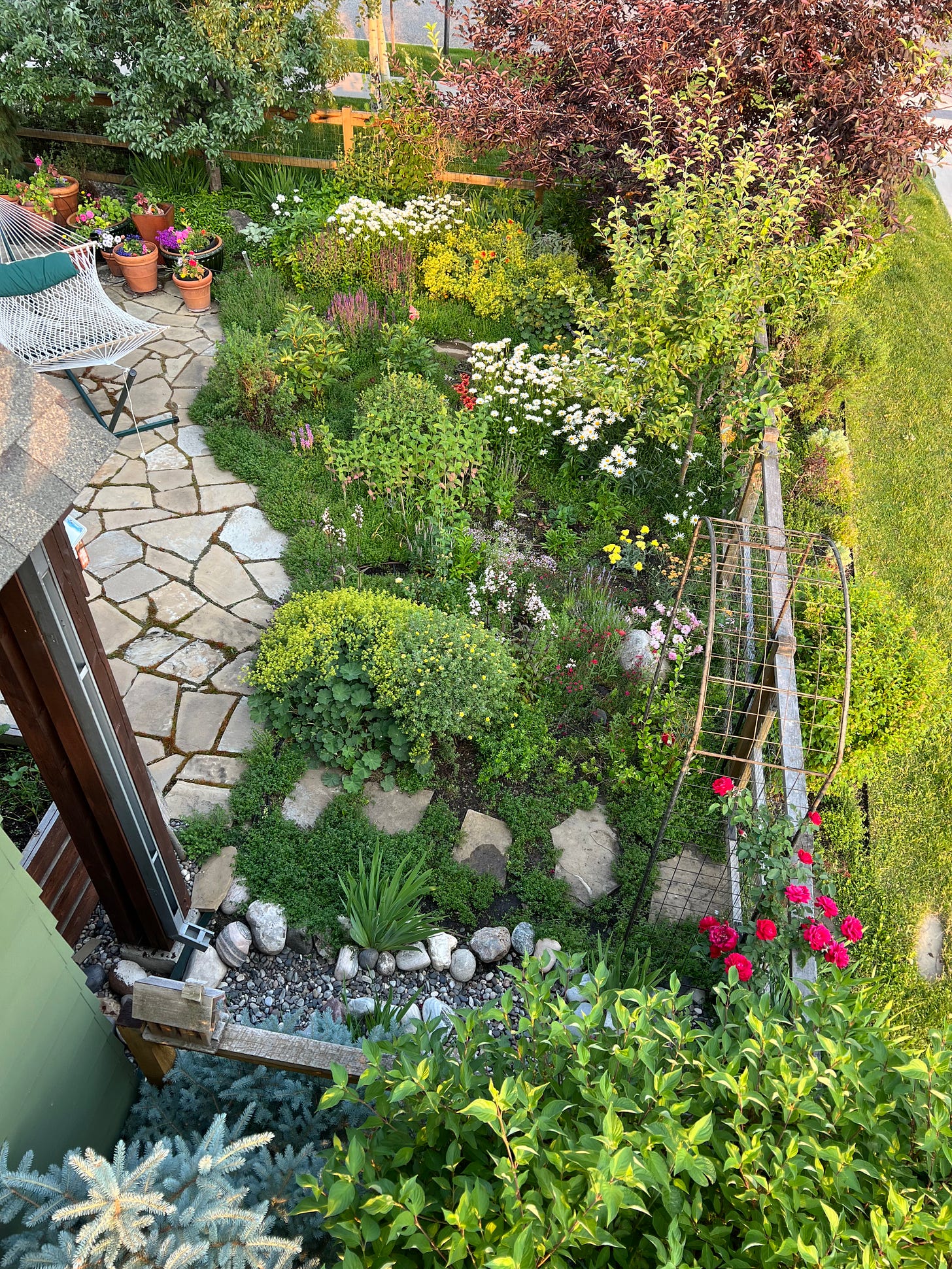As a ping off of last week’s post…once upon a time, I was a devoted pantser. Maybe it was those outlines I was forced to make in junior high – boy, did I hate them. Especially in fiction: once I made the outline, the story was finished for me. The end. Boring. Never to be written.
Somehow I made it through a novel that eventually made it to publication (thanks to my then agent, Alyssa Eisner Henkin and then editor, Jen Bonell, seriously), but I was still pantsing away and by my third novel I knew I was in deep trouble. I could not make things work. I was stuck in the middle with no idea where to go. I took comfort in that saying of E.L. Doctorow: “Writing a novel is like driving a car at night. You can only see as far as your headlights, but you can make the whole trip that way.”
Oh, good! I thought. I can be like E.L. Doctorow!
Except, maybe he had a car with exceptional headlights.
That’s when I began to plan.
But not, heaven forbid, make an outline!
Plantsing, Then, Face Down in the Weeds
Those of you who know me know I’m an avid gardener. There are so many ways to see gardening as a metaphor for writing: taking out the weeds; moving plants from here to there; doing things organically; adding new plants; judicious and timely pruning; etc. etc.
The difference is that a garden takes years to develop. I really don’t want to take years to develop my stories. I want to see them out in the world before I leave it. So it’s essential to look at writing as a hybrid: gardening organically with a master gardener’s guidance.
And, something more. Something that means mastering the next move. i.e., planning ahead in a judicious fashion.
Another Metaphor: Chess
I’m not a good chess player; I know enough to play and ultimately lose a game. But chess is a game like so many good games, in that if you can see several moves ahead (and the more ahead, the better), and can see them as ever-expanding branches (you make your first move, pawn to e4, and your counterpart moves their pawn…and then…and then…) – seeing the moves ahead allows you to counter any opposition more easily.
In the case of writing, the opposition comes when your characters are in a scene, and you’ve got no idea how to get them out of it.
Chess (like gardening, and like writing, and frankly, like most of life) is a game of cause and effect, not a game of chance. Two rules must apply. Your characters:
Must be in scene because something in the previous scene sent them there
Must have (your main character especially) agency, meaning they must act, not stand by and let someone else move the story forward
What Does This Mean For You Pantsers?
I think, with all due respect, that Doctorow is either wrong, or he really did have a car with exceptional headlights. Or maybe he cheated and waited until dawn and decided not to tell the rest of us poor saps.
You really can’t just write in the dark and make it work – or at least not over and over. You may get lucky with one story, like I did. But if you want to be a real writer, I suggest plantsing. Yes, go ahead and have your organic writing be your method, but write organically in between and toward each of those Magnificent Seven signpost turning points that I mentioned in my previous post.
And if you follow the two rules above while you do it, you’ll find writing not only easier but more fulfilling.
In other words, think ahead with a general plan. Have a master gardener (a writing teacher or book or whatever) help you. Use the two rules of character and cause and effect (you can’t just shove a plant in anywhere and expect it to grow). Think ahead from one turning point scene to the next (as you would playing chess).
Because a sure way to become a published writer – to become the author you want to be – is to write story after story after story. And you can only do that by thinking like a blend of a gardener and a chess player.
Always keep writing!!






I love the word plantsing! By mashing together pantsing and planning, you get plantsing, which serendipitously creates the word "plants," which hearkens back to your gardening metaphor.
I love that word, too. May we all become Master Gardeners of our own stories!